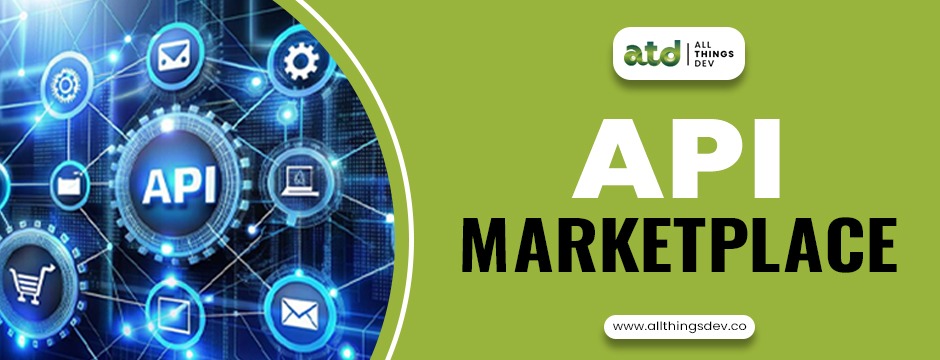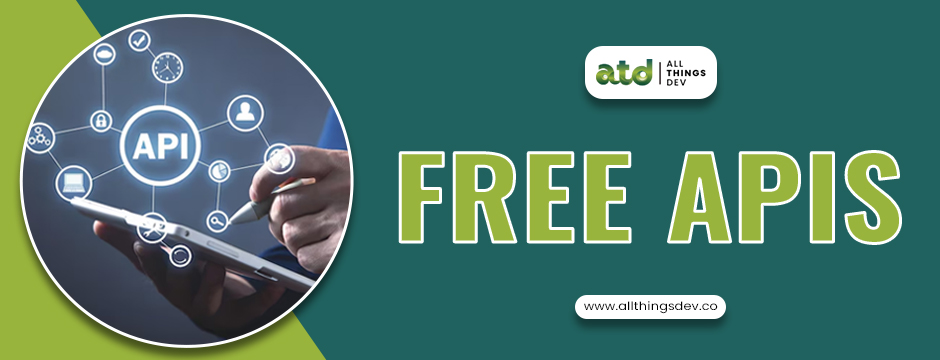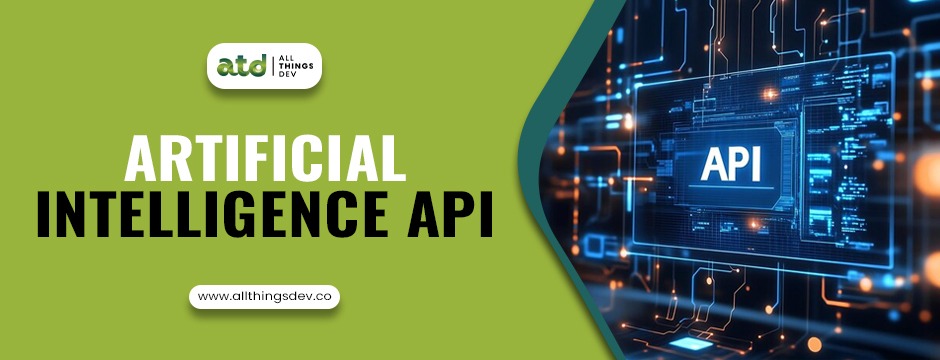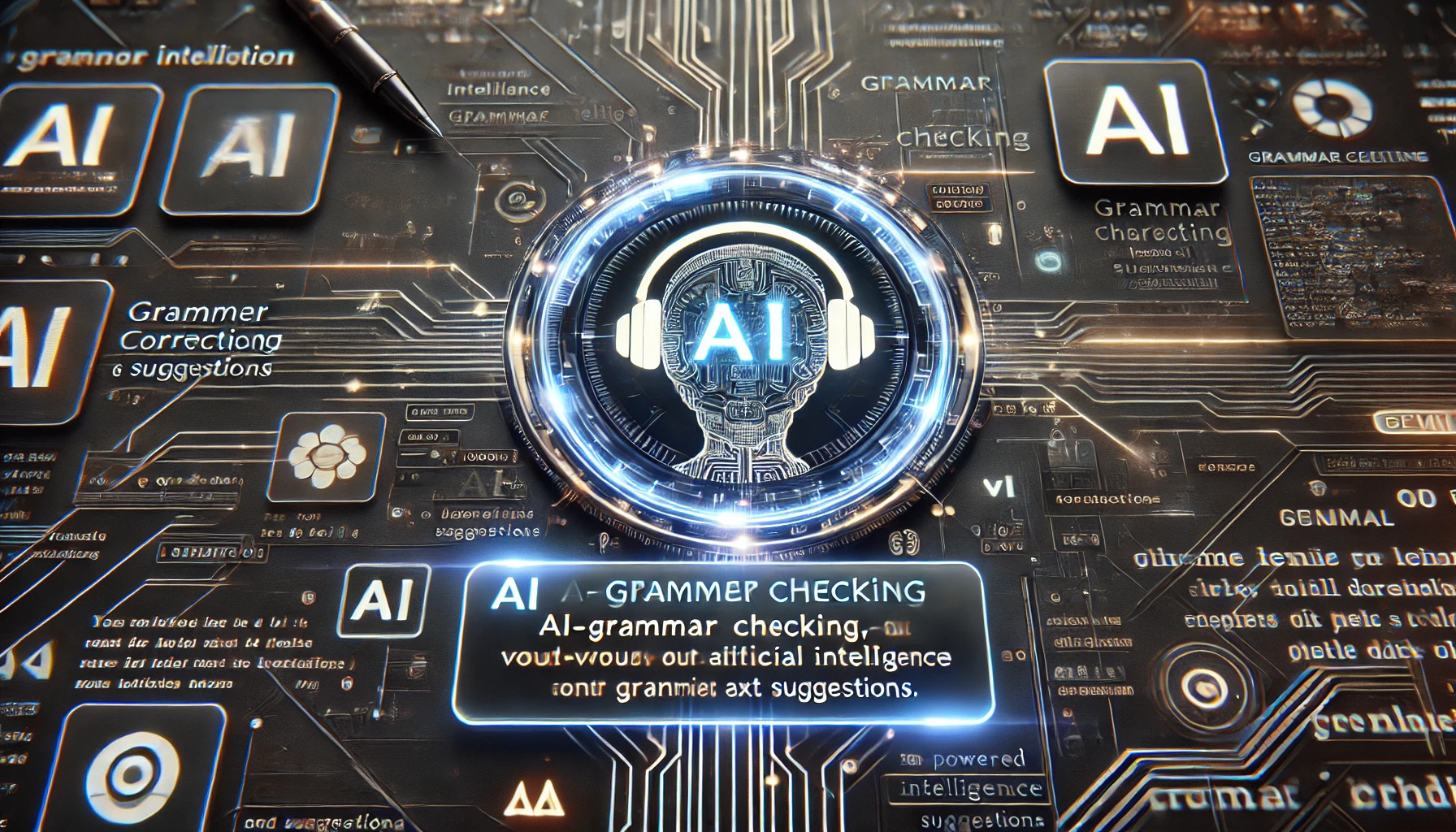What is an AI API? A Comprehensive Guide to Understanding Artificial Intelligence APIs
Deepak API, Artificial Intelligence API API, API Marketplace, artificial intelligence api, Free APIs 0
In the rapidly evolving world of technology, Artificial Intelligence (AI) has emerged as a transformative force. AI APIs (Application Programming Interfaces) play a crucial role in integrating AI functionalities into various applications, enabling businesses to leverage advanced technologies without needing in-depth expertise in AI. This comprehensive guide will delve into what AI APIs are, how they work, and their significance in the tech landscape, including insights into API Marketplace and Free APIs.
Understanding AI APIs
Artificial Intelligence API refers to a set of programming tools that allow developers to integrate AI capabilities into their applications. These APIs provide access to AI functionalities such as machine learning, natural language processing, computer vision, and more, enabling applications to perform tasks that typically require human intelligence.
In essence, an AI API acts as a bridge between an application and an AI service. It enables developers to send requests to AI services and receive responses, facilitating the incorporation of sophisticated AI features without the need to build these capabilities from scratch.
How Artificial Intelligence API Works
AI APIs simplify the process of adding AI features to applications by abstracting the complexity of AI models and algorithms. Here’s a step-by-step breakdown of how AI APIs function:
- Request and Response Model: Developers make HTTP requests to an AI API endpoint, sending data for processing. The API then processes this data using its AI models and returns a response with the results. For example, a natural language processing API might analyze a piece of text and return sentiment analysis results.
- Integration: The API is integrated into an application through code. Developers use programming languages and tools to connect the application with the API, often using libraries or SDKs (Software Development Kits) provided by the API service.
- Data Handling: The data sent to and received from the API is typically in JSON (JavaScript Object Notation) format, a standard data interchange format. This allows for easy data manipulation and integration with the application’s user interface.
- Security and Authentication: Artificial Intelligence API often requires authentication to ensure secure access. This is usually managed through API keys or OAuth tokens, which authenticate requests and control access to the AI services.
Key Components of AI APIs
- Endpoints: Specific URLs provided by the API where requests are sent. Each endpoint corresponds to a particular AI functionality, such as image recognition or language translation.
- Requests: The data sent to the API, typically in the form of HTTP POST or GET requests. This data could be text, images, or other types of input.
- Responses: The data returned by the API after processing the request. Responses include results or analyses generated by the AI model.
- Documentation: Comprehensive guides and references provided by the API provider, detailing how to use the API, including endpoints, request formats, and example code.
Significance of AI APIs in Modern Applications
Artificial Intelligence API has become integral to modern applications due to its ability to enhance functionality and user experience. Here’s why they are significant:
1. Accelerated Development: By providing pre-built AI functionalities, APIs allow developers to accelerate the development process. Instead of creating complex AI algorithms from scratch, developers can leverage existing solutions, saving time and resources.
2. Cost-Effectiveness: Developing AI models can be expensive and resource-intensive. AI APIs offer a cost-effective alternative, allowing businesses to pay for AI services on a subscription or usage-based model rather than investing heavily in infrastructure and expertise.
3.Scalability: AI APIs are often hosted in the cloud, enabling scalable solutions. Businesses can scale their AI capabilities up or down based on their needs, without worrying about managing server infrastructure.
4. Accessibility: APIs democratize access to advanced AI technologies. Companies of all sizes can integrate cutting-edge AI features into their applications, leveling the playing field and fostering innovation.
5. Focus on Core Competencies: By outsourcing AI functionalities to specialized providers, businesses can focus on their core competencies and leverage AI to enhance their offerings.
Exploring the API Marketplace
The API Marketplace is a digital platform where developers and businesses can discover, purchase, and integrate various APIs, including Artificial Intelligence API. These marketplaces offer a wide range of APIs across different domains, providing a one-stop shop for finding the right solution.
Key benefits of using an API Marketplace include:
- Wide Selection: Access to a diverse array of APIs, including those for AI, allows businesses to find solutions that best fit their needs.
- Ease of Integration: Marketplaces often provide detailed documentation, SDKs, and support to facilitate smooth integration of APIs into applications.
- Vendor Comparisons: Marketplaces enable easy comparison of different API providers based on features, pricing, and performance, helping businesses make informed decisions.
- Community and Support: Many marketplaces offer community forums and support resources, providing additional help and insights for API users.

Leveraging Free APIs for AI Integration
For businesses and developers looking to explore AI capabilities without significant investment, Free APIs can be an excellent starting point. Many API providers offer free tiers or trial versions of their services, allowing users to experiment with AI functionalities before committing to paid plans.
Benefits of using free AI APIs include:
- Cost-Free Experimentation: Free APIs provide an opportunity to experiment with AI technologies without financial risk, helping developers test and validate their ideas.
- Learning and Development: Free APIs are valuable for learning and development purposes, enabling developers to gain experience with AI technologies and enhance their skills.
- Prototype Development: Businesses can use free APIs to build and test prototypes, evaluating the feasibility of AI integration before investing in premium services.

Real-World AI APIs Examples
AI APIs have been successfully integrated into a variety of applications across different industries:
Visionary LLM: Visionary is a text-to-image LLM created in India, designed to assist developers in incorporating AI into commercial applications through API integration.
Document Layout Analysis: Powered by YOLO and trained with DocLayNet, this model enhances document intelligence through layout analysis, making it easier to extract and organize content from complex documents into a readable format.
Paraphrasing Tool: This paraphrasing tool API can swiftly rewrite sentences, phrases, or paragraphs, effectively eliminating plagiarized content and simplifying the process of content revision.
Graphics: There is a wide variety of AI APIs for graphics creation & modifications. See the models below:
Image Colo/Contrast/Sharpness Enhancement
Image Dehaze, Upscaler, HD Color Migration
AI Photo Colorization, Intelligent Composition
Beauty: These AI APIs enhances people’s photographic experiences, most popularly, “selfie” experiences. For example:
Conclusion
AI APIs have revolutionized the way businesses and developers integrate artificial intelligence into their applications. By providing accessible and scalable AI functionalities, these APIs enable rapid development, cost-effective solutions, and enhanced user experiences. Whether exploring the API Marketplace for comprehensive solutions or experimenting with Free APIs, the potential of AI APIs is vast and transformative.
AllThingsDev recognizes the value of AI APIs in driving innovation and efficiency. As businesses continue to explore and integrate these technologies, Artificial Intelligence API will play an increasingly pivotal role in shaping the future of applications and services.
For those interested in diving deeper into the world of AI APIs, AllThingsDev offers resources and guidance on leveraging these powerful tools to unlock new possibilities and drive success.




